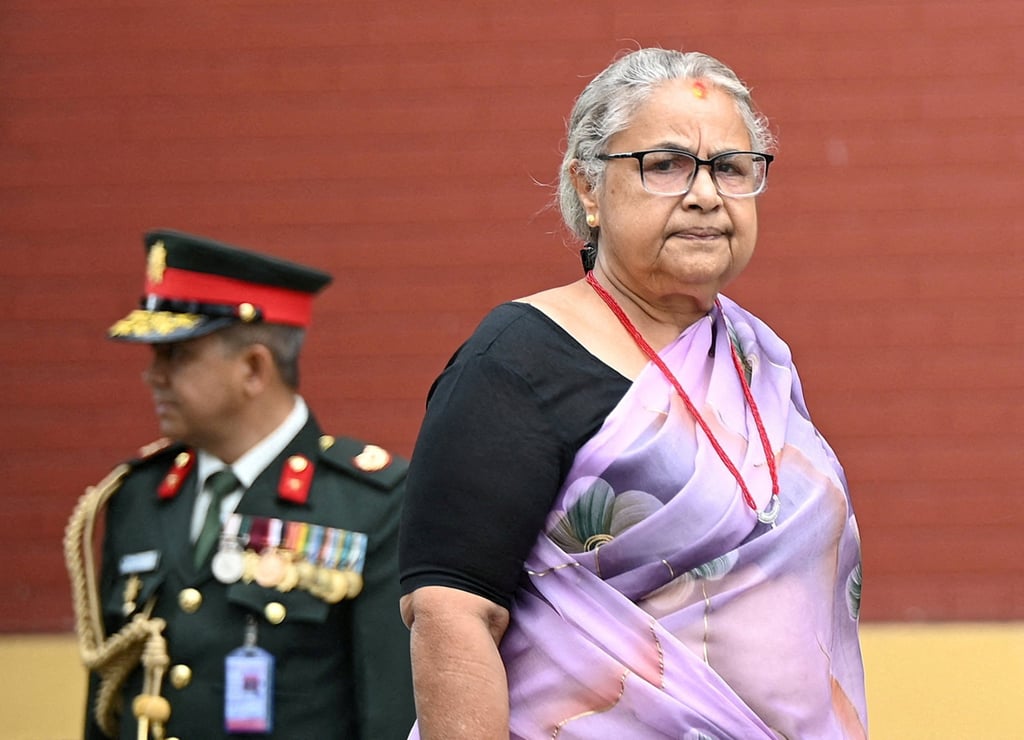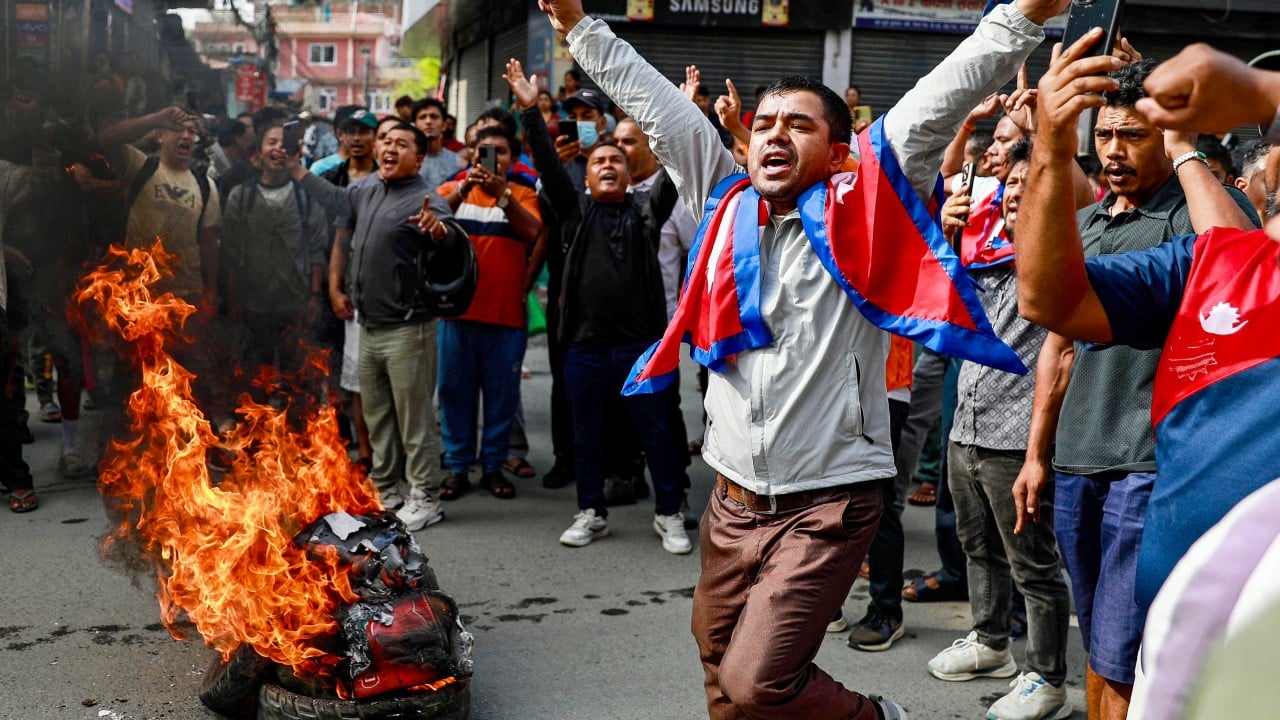One month after Nepal’s youth-led revolt redrew the political map, competing visions for the future and the daunting challenge of turning protest into meaningful reform are casting uncertainty over the country’s political future.
Advertisement
In the wake of the September uprising, which ousted the government of K.P. Sharma Oli and left more than 70 people dead, new Gen Z factions have proliferated, defined by their deep ideological divides.
Groups with names like the Gen Z Alliance, Real Gen Z Nepal and Gen Z-Y-X Nepal are demanding everything from the preservation of the country’s republican constitution to the abolition of federalism – and even the restoration of a Hindu monarchy that was abolished in 2008 following a civil war.

“We don’t want to undermine the constitution and the achievements gained from the past revolutions,” said Arnab Chaudhary, a 27-year-old lawyer from the Gen Z Alliance group and Indigenous Gen Z Collective.
“We don’t want to destroy the existing system but strengthen it. The various groups calling to dismantle it are opportunists trying to use the movement to promote their ideologies and we won’t tolerate that.”
Following last month’s widespread protests, former chief justice Sushila Karki was appointed interim leader, tasked with steering Nepal to elections scheduled for March 2026.
Advertisement
Her government has won praise for initiating corruption investigations and detaining high-profile political figures, but criticism is mounting over delays in prosecuting former prime minister Oli, his home minister Ramesh Lekhak and the country’s security agencies for the deadly crackdown on demonstrators. Both politicians have denied any wrongdoing.

